Recently, another round of negotiations on the exchange of prisoners between Ukraine and the Russian Federation began. Its peculiarity is that this time it was initiated by Russia, and it began after the Ukrainian Armed Forces entered the Kursk region.
Is an exchange of all for all possible, and when can it be expected? According to the Verkhovna Rada Commissioner for Human Rights Dmitry Lubinets, 14 thousand Ukrainians are in Russian captivity. Since the beginning of the full-scale war, 53 prisoner exchanges have taken place – 3,310 prisoners have returned to Ukraine. In connection with the events in the Kursk region, Lubinets noted in an interview with Radio Liberty:
“I will not disclose the details, but I have publicly stated and today I confirm that, in my opinion, this situation, created primarily by the efforts of the Armed Forces of Ukraine, including on the territory of the Kursk region, improves the situation with the return of our citizens from the territory of the Russian Federation, as well as the temporarily occupied territory of Ukraine.”
The Russian Federation holds not only military personnel in captivity, but also civilians, women, and children. Ukraine primarily demands the return of the seriously ill, seriously wounded, and women. In this case, preference will be given to those who have been in captivity for the longest time. The head of the Main Intelligence Directorate of the Ministry of Defense of Ukraine, Kirill Budanov, noted at a briefing:
“We will also make every effort to return civilian captives. In particular, those who have been in captivity since 2014. Particular attention – to the defenders of Mariupol and, in particular, those who defended “Azovstal”. Also, let's not forget about the Crimean Tatars. Returning each and every one of them is the most important task.”
The head of the GUR added that he would very much like to finally reach an agreement with the Russian side on the principles of conducting exchange processes and the return of civilians. In order to take into account that, based on the Geneva Convention, there are two priority categories of citizens who must be returned first: seriously wounded prisoners of war and seriously ill citizens. The next category is women, including military personnel. In general, according to the principle of fairness, those who were captured earlier should be released earlier:
“We have a list of civilian hostages who were captured by the Russians before the start of the full-scale aggression, that is, since 2014. We have defenders of Mariupol who have been in Russian captivity for more than two years. Unfortunately, among them there are those who, even after verification, were confirmed by the International Committee of the Red Cross, were wounded in captivity. This is nonsense in accordance with international humanitarian law. But the Russians do not pay attention to these international legal acts.”
Lubinets did not answer all the questions regarding the prisoner exchange, explaining that unnecessary publicity could hinder the exchange process. In particular, he did not say whether the Russian side had provided lists of those it could return to Ukraine, nor did he name the intermediary countries that would be most helpful in the exchange. At the same time, he is not sure that everything will now go so well that it will even be possible to exchange “everyone for everyone”:
“I can say that the Ukrainian side constantly comes forward with the initiative to conduct large exchanges. Including repeatedly, through intermediaries, we came forward with the initiative to conduct exchanges of all for all. Do I believe that in the near future an exchange of “all for all” can take place? No, I do not believe it. Do I believe that the Ukrainian side is doing everything to ensure that large exchanges take place? Yes. I do not just believe in this, but a large team of the coordination headquarters is doing this, and I personally. And we do this on a daily basis.”
In order to improve communication with the families of prisoners, the Ombudsman's Office will open representative offices in each regional center. Currently, they operate only in Kyiv and four regions. It is planned that the head office and regional representative offices will hold weekly meetings with relatives of prisoners of war.
Following the meeting of the Supreme Commander-in-Chief's Headquarters, the country's security agencies approved the structure of work on prisoners. In particular, this concerns the presidium of the coordination headquarters on issues of handling prisoners of war – a coordinating body. It will include the heads of the structures dealing with issues of the coordination headquarters, as well as a public council – an advisory body uniting public organizations representing the interests of prisoners.
At the same time, the ZMINA Human Rights Center reports that it is known that Russians are creating fictitious “public organizations” to collect information about prisoners of war on the Internet. The so-called “representatives of NGOs” claim that they have access to places of detention where Ukrainians are being held. In fact, their goal is to obtain important data from the relatives of prisoners of war for further manipulation and pressure on them.
Now that the Ukrainian Armed Forces have entered Russian territory, the issue of Ukraine's attitude towards the local population of Kursk region has become relevant. The Ombudsman says:
“I understand that our society may interpret Ukraine's efforts to fulfill its international obligations differently. But we are different from the Russians in that we are a civilized nation, we are a democratic nation. And for all critics of such actions by the Ukrainian government, I want to remind that all international partners continue to help Ukraine precisely because they see the difference.”
He noted that Ukraine will definitely not create any special camps for the civilian population and assured:
“Only Russians could create filtration camps, effectively concentration camps, for Ukrainian citizens in the modern world. Ukraine will definitely not do anything like that.”
Let us recall that Ukraine is planning open humanitarian corridors in both directions – both to the territory controlled by the Russian Federation and to the territory of Ukraine. This should be the personal choice of each civilian there.
Russian Human Rights Commissioner Tatyana Moskalkova stated that Ukrainian Ombudsman Dmitry Lubinets visited Russian prisoners from the Kursk region and sent her a video:
“We agreed that we would visit the Ukrainians at the same time, and he would visit our prisoners of war.”
Dmitry Lubinets did not mention this conversation.
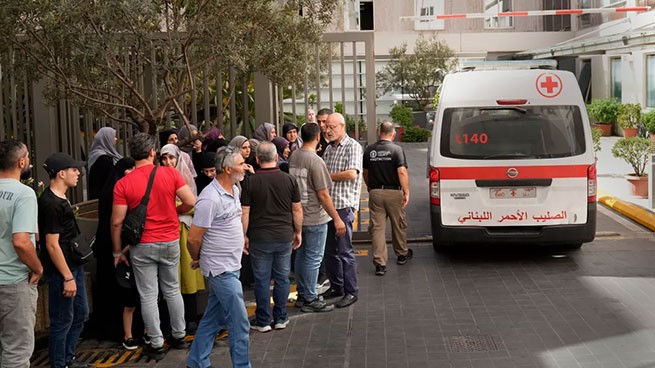
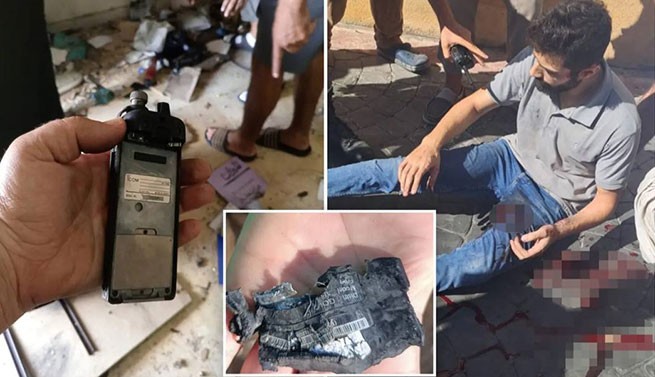
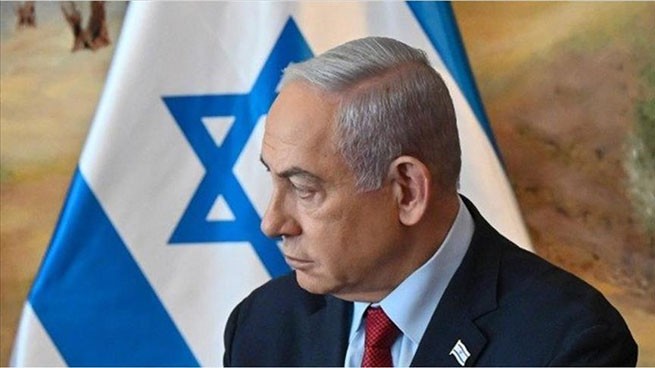
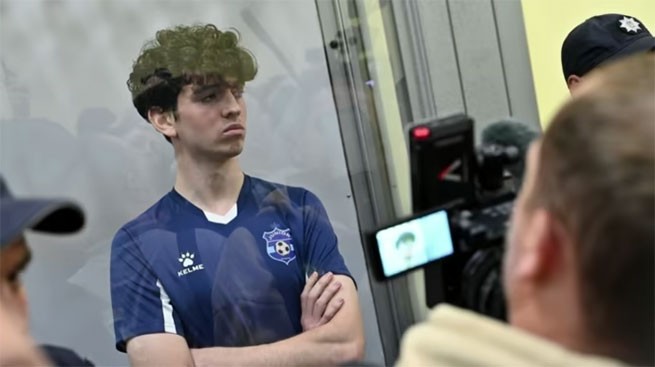
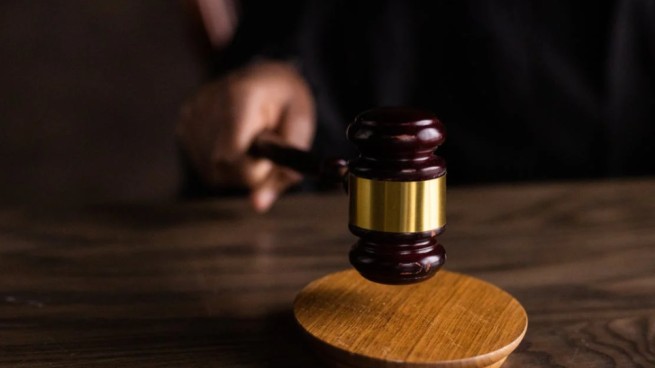
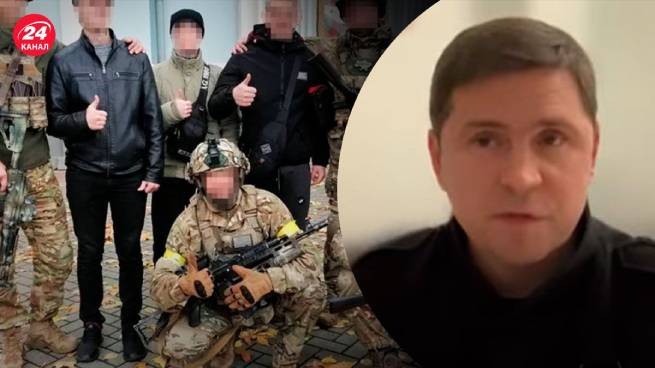

More Stories
Lebanese: 'We are paying for the war between Hezbollah, Israel and Iran'
Explosions at the ammunition depot in Toropets – what was stored there
White House acknowledges Zelensky's peace plan "realistic" and ponders his contribution to it (video)